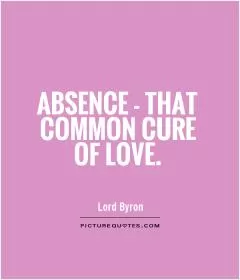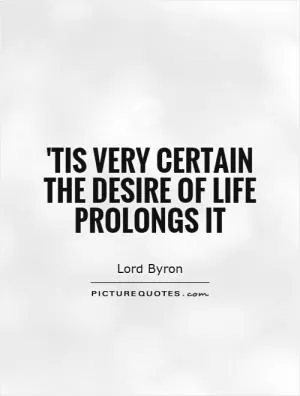Men love in haste, but they detest at leisure

Men love in haste, but they detest at leisure
Lord Byron, the renowned poet and romantic figure of the 19th century, was no stranger to the complexities of love and relationships. His own tumultuous love life and numerous affairs were well-documented, making him a fitting example of the saying, "Men love in haste, but they detest at leisure."Byron was known for his passionate and impulsive nature when it came to matters of the heart. He often fell in love quickly and deeply, only to grow disillusioned and bitter as time went on. His relationships were marked by intense emotions, dramatic gestures, and ultimately, a sense of dissatisfaction and regret.
One of Byron's most famous love affairs was with Lady Caroline Lamb, a married woman with whom he had a scandalous and tumultuous affair. Their relationship was characterized by intense passion and drama, but ultimately ended in heartbreak and resentment. Byron's infatuation with Lady Caroline was short-lived, and he soon grew tired of her possessiveness and emotional volatility. He famously described her as "the cleverest, most agreeable, absurd, amiable, perplexing, dangerous, fascinating little being that lives now or ought to have lived 2000 years ago."
Despite his initial fervor and ardor, Byron's feelings towards Lady Caroline eventually turned to disdain and contempt. He came to detest her clinginess and emotional instability, and their relationship ended in acrimony and bitterness. This pattern of falling in love quickly and passionately, only to later detest and resent his partners, was a recurring theme in Byron's romantic life.












 Friendship Quotes
Friendship Quotes Love Quotes
Love Quotes Life Quotes
Life Quotes Funny Quotes
Funny Quotes Motivational Quotes
Motivational Quotes Inspirational Quotes
Inspirational Quotes